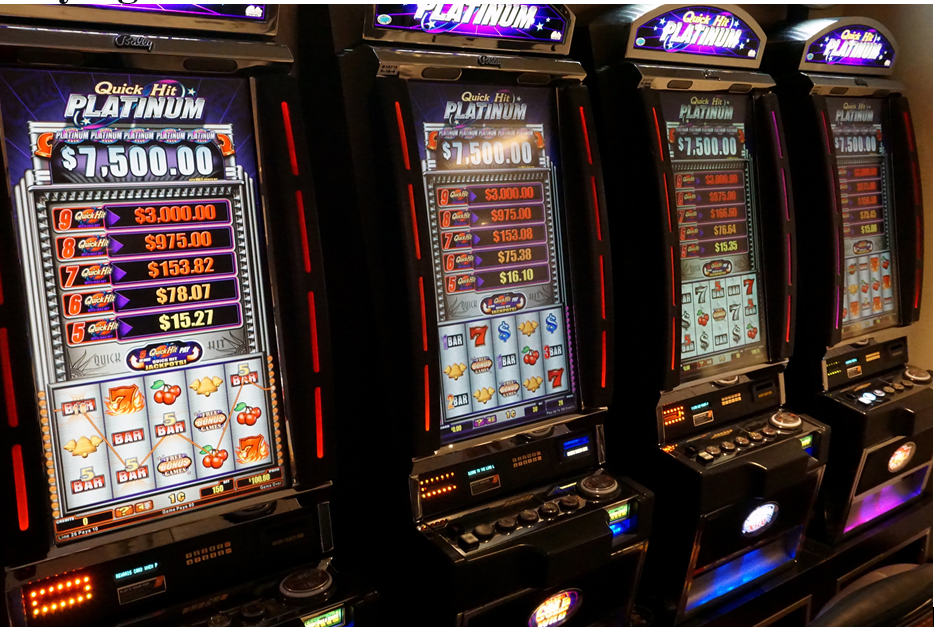The landscape of the 에볼루션 is continually evolving, marked by fierce competition and rapid advancements in technology. South Korea, renowned for its thriving gaming culture, stands as a pivotal player in this dynamic arena. As we delve deeper into the competitive landscape of Korea’s gaming industry, it becomes imperative to analyze the key rivals shaping its trajectory.
Understanding the Korean Gaming Ecosystem
Legacy of Innovation
South Korea’s gaming ecosystem is underpinned by a rich legacy of innovation and technological prowess. With a robust infrastructure and a tech-savvy populace, the country has emerged as a global hub for gaming development and consumption.
Dominance of Esports
Esports has entrenched itself as a cornerstone of South Korea’s gaming culture, fostering a fervent community of professional gamers and enthusiasts. From iconic titles like StarCraft to the meteoric rise of League of Legends, the country’s dominance in esports is unparalleled.
Key Competitors in the Korean Gaming Industry
Nexon Corporation
Nexon Corporation stands as one of the foremost competitors in South Korea’s gaming landscape. Renowned for its diverse portfolio of online games, including MapleStory and Dungeon & Fighter, 에볼루션 has carved a niche for itself in the market.
Netmarble Corporation
Netmarble Corporation commands a significant presence in the Korean gaming industry, with a focus on mobile gaming experiences. With blockbuster titles like Lineage 2: Revolution and BTS World, Netmarble continues to captivate audiences globally.
Smilegate Entertainment
Smilegate Entertainment has garnered attention for its hit title, CrossFire, which remains immensely popular in South Korea and beyond. The company’s strategic focus on multiplayer online games has solidified its position as a key player in the industry.
Strategies for Competing in the Korean Market
Innovation and Adaptability
In a rapidly evolving landscape, innovation and adaptability are paramount. By continuously pushing the boundaries of gaming technology and anticipating market trends, companies can maintain a competitive edge.
Localization and Cultural Sensitivity
Understanding the nuances of Korean culture and consumer preferences is crucial for success in the market. Tailoring gaming experiences to resonate with local audiences can foster greater engagement and loyalty.
Strategic Partnerships and Collaborations
Forming strategic partnerships with local developers, publishers, and influencers can provide access to invaluable insights and resources. Collaborative ventures enable companies to navigate the intricacies of the Korean gaming industry more effectively.
Conclusion
As South Korea continues to assert its dominance in the global gaming landscape, competition within the industry remains fierce. By conducting a comprehensive analysis of key rivals and adopting strategic approaches to market entry and expansion, companies can position themselves for success in Korea’s evolving gaming arena.

